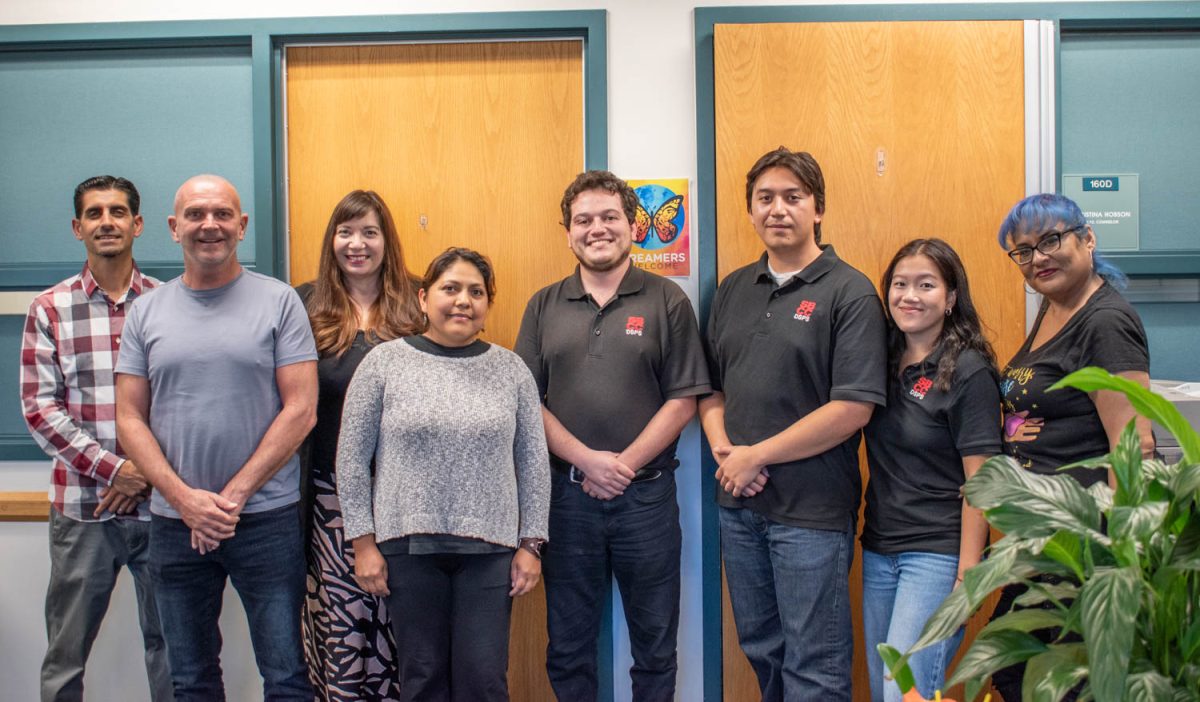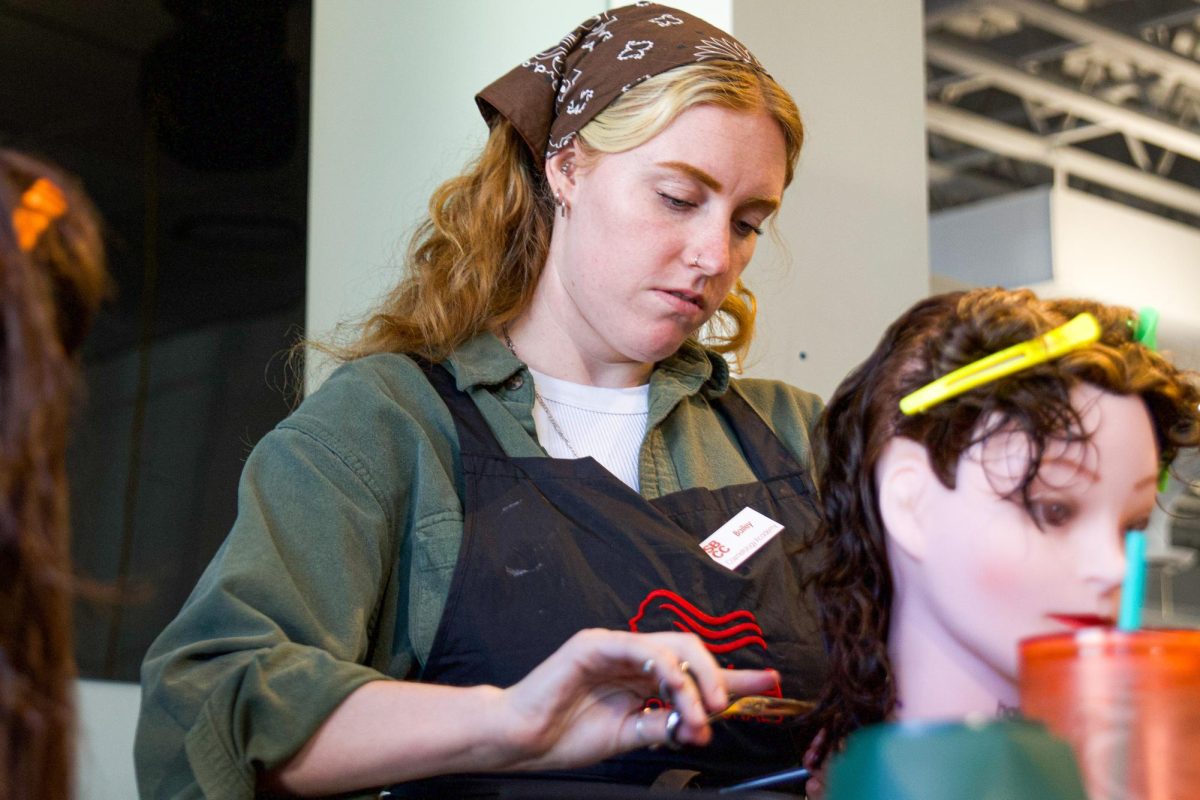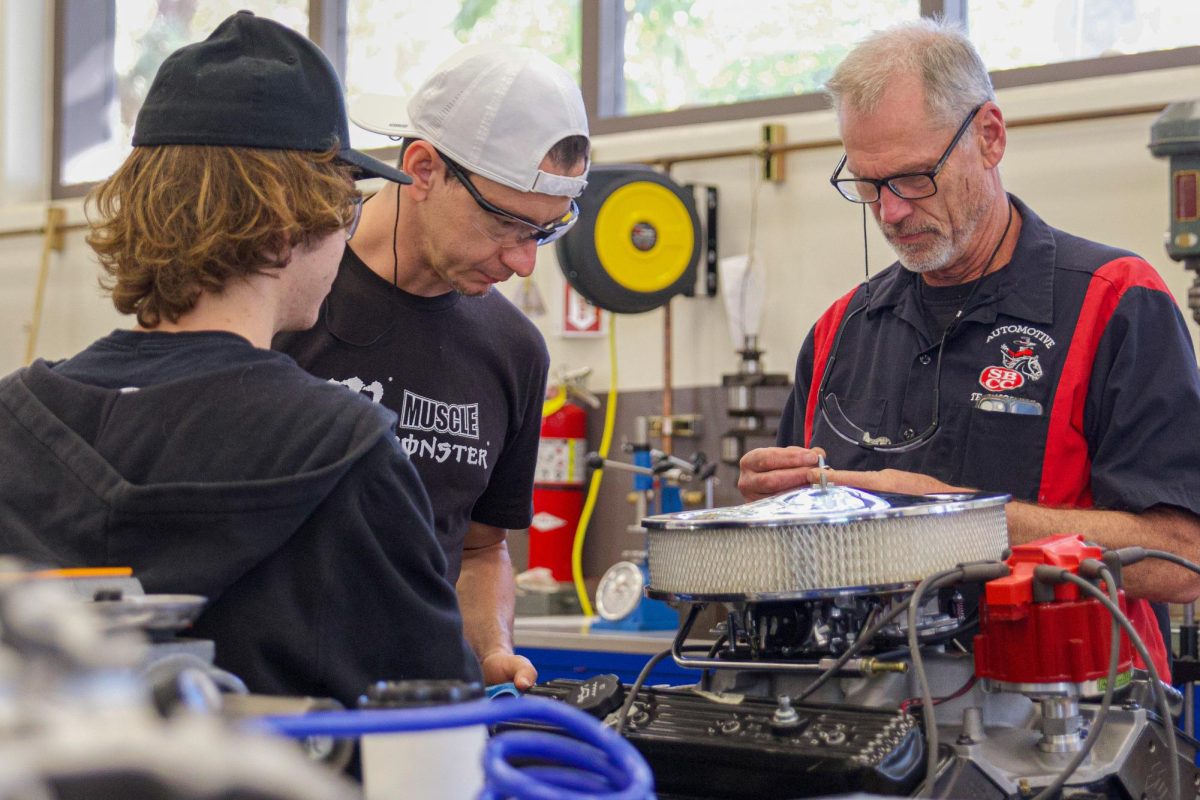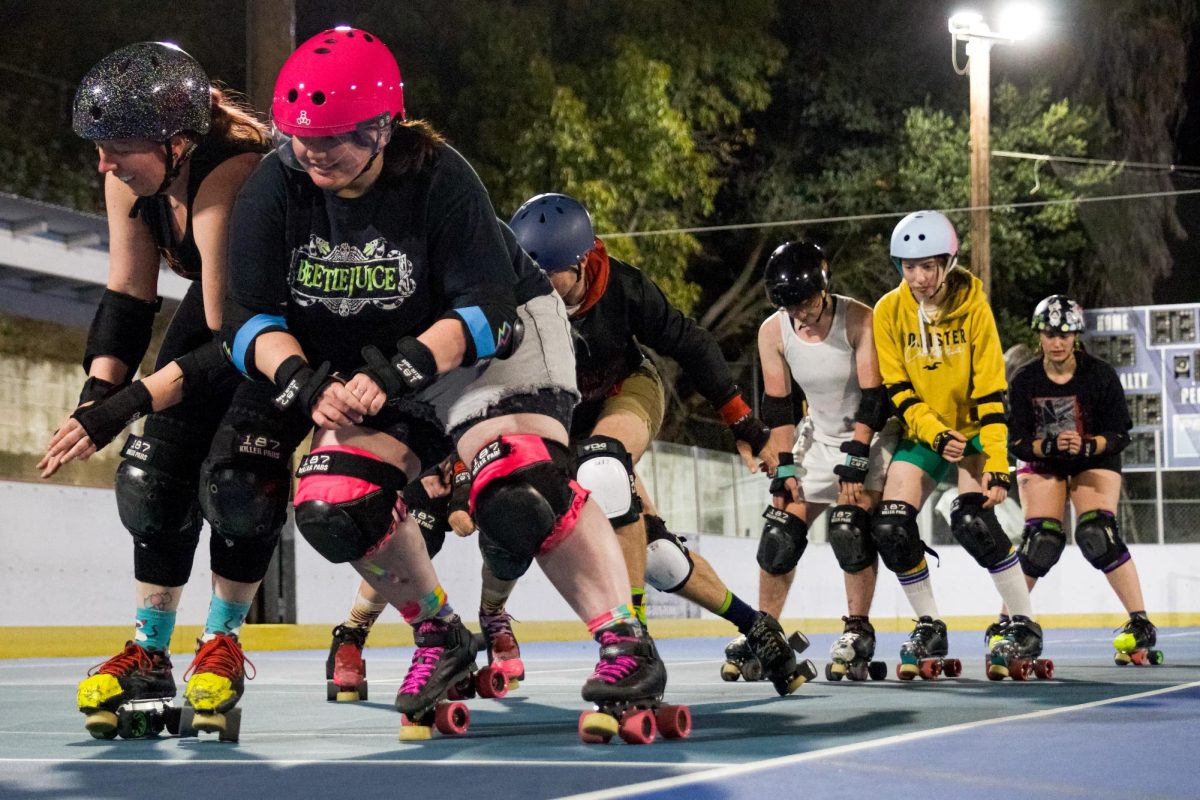The Disability Services and Programs for Students (DSPS) provides City College students experiencing mental or physical disabilities with firm support through a specific, interactive process.
DSPS is the designated agent of City College that is responsible for ensuring equal access to education through the approval of accommodations and services for students with disabilities. Unlike in the kindergarten through twelfth-grade (K-12) system, students can only receive accommodations if they self-disclose their concerns to the DSPS; in college, it’s different.
“In the K-12 system, there’s a responsibility to identify students with disabilities by the adults and the professionals in the environment, but in college, it is student-initiated and voluntary,” DSPS Coordinator Jana Garnett said. “A college student has to initiate the process; they have to say, I have a disability and I want services.”
The process of obtaining accommodations requires not only the student to take charge of their situation and voluntarily contact a DSPS member, but also to follow a step-by-step procedure that starts with an application on the City College site.
“[It starts with] a very simple five-minute process where you’re answering four very simple questions,” Garnett said. “Once they’ve applied online, they have the ability at that point in time before they hit submit to upload what we call verification of disability.”
The expectation is that the student who obtains a verification of disability will have an Individualized Education Plan (IEP) which is apart of the K-12 contract. Meaning that students who had accommodations prior to college (such as a 504 plan) would have access to an IEP. However, there are other ways to get verification.
“We have many students that have medical conditions that would warrant verification from their specialist whether it is a medical doctor, chiropractor, or a psychiatrist,” Garnett said. “It might be a clinical psychologist who evaluated the student for learning disability, or it might be a verification from a specialist about ADHD; it just has to be signed off by a licensed professional for that particular area of disability.”
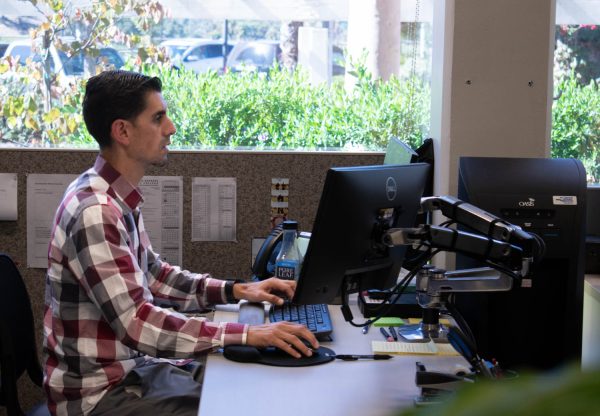
Not having a verification of disability does not mean a student still cannot obtain an accommodation.
“We really want students to find us and get the support they need if a student does not have verification of disability, but they feel like they’re experiencing a disability or experiencing a learning barrier in the classroom,” Garnett said. “We want them to come and set up an inquiry appointment, which means they’re going to talk to one of our specialists about their experience so we can help navigate through their education history or someone who can verify they’re a disability.”
After submitting an application and also submitting a verification of disability a meeting is set up with a counselor provided through DSPS.
“The first meeting is called an intake meeting or eligibility meeting,” Garnett said. “A counselor will review the documentation that the student has provided us with as a verification of disability. We review it and engage with the student in an interactive process.”
According to Garnett, “Nobody knows better than how one is feeling other than themselves.” City College recognizes this through engaging in a meaningful dialogue to discuss what it feels like for the student in the classroom.
“We consider the student to be the expert on themselves,” Garnett said. “So the interactive process carries a lot of weight in our counseling process.”
The interactive process and one-on-one provides students with support and resources they need to thrive in the classroom. After the counseling appointment, an “academic accommodation plan” is put into place.
“Once that plan is developed it is given to the student for their review and their signature. The plan can change as time goes on and new needs and barriers are identified. It’s a very flexible plan that gets tweaked and modified as we learn more about the student’s experience.”
DSPS at City College offers support to students whether they have experienced a long-lasting learning barrier, disability or a temporary one. Students can access accommodations by following the 4-step process; the first step is voluntarily reaching out for support.
“The student knows themselves best; they know when they hit barriers,” Garnett said. “They know what they need to be successful.”


